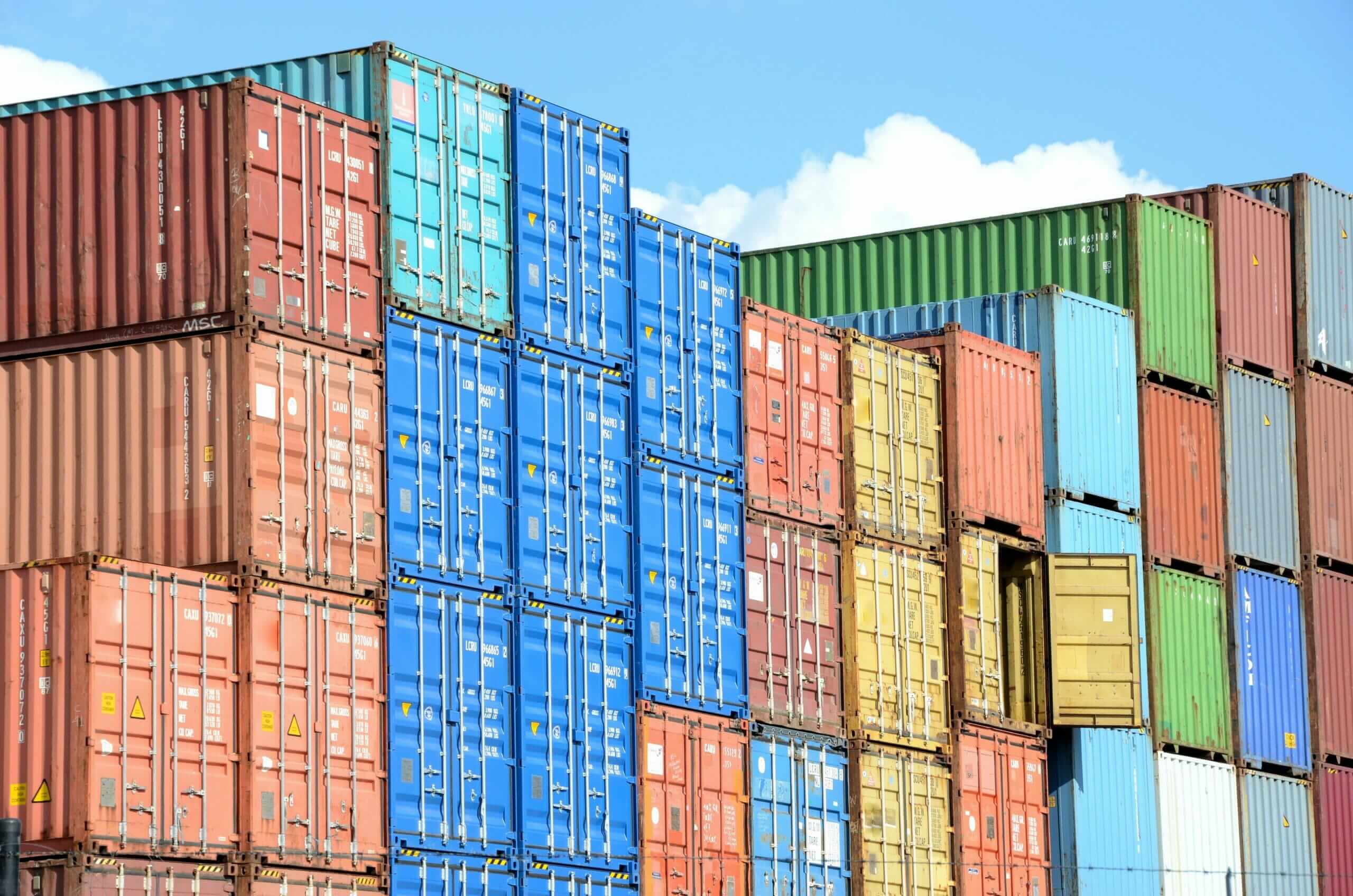Scratching his head, Leon scanned the official looking document before him.
One bolded word stood out. Detention.
Can you relate?
Free time has come and gone. Now you’re the recipient of export detentions which are costing you precious time and money.
Understanding your dilemma, we want to offer you a way to earn a resolution.
But first we need to address a glaring question.
Why Do Export Detentions Occur?
Okay, you followed export compliance to the best of your ability. Thinking it sufficient, you handed off the additional steps to get it loaded and on the ship.
You moved on to focus on other business activities only to receive that document mentioning additional charges.
Frustrating right?
Once containers are picked up there is normally 5-10 days for you to load, pack, and return it to port. Export detention charges are assessed once the set free days have passed.
They are separated into two types:
- Per diem
- Driver detention
What’s the difference?
Per diem is a fixed rate attributed to each container for the length of delay in returning them. Driver detention is charged at an hourly rate when the driver has to wait over the free time for loading or unloading.
Since we’ve addressed the lead up to your present situation, it’s time to offer solutions.
How To Avoid Future Detention Charges in Shipping
Hopefully this is the last time export detentions will interrupt a shipment. To increase the chance of avoiding future delays, adopt these 4 tips.
Plan
With our current supply chain issues, the port may be backed up. Or poor weather could factor in.
These are beyond your control but planning ahead is not. Follow up with your staff to certify it arrives at the shipping destination far in advance.
Have backups
In the event delays arise once you have the container, you can do your best to still get it out on time.
How?
Have a backup driver on standby or map out alternate routes to the port.
Due diligence
Reading contracts isn’t super exciting. But despite this fact, you should still research the responsibility of all parties involved.
This could potentially prevent headaches from becoming a migraine.
Negotiate
Clear communication and positive business relations with all those involved in your supply chain goes a long way.
Enough to where it could allow forgiveness in any potential disputes.
At this time we want to focus on your present situation and suggest the applicable solution.
Export Detentions and Reidel Law Firm
As experts in international trade law, we can help you handle the legal aspect of export detentions. In addition, our legal team can advise you on ways to shore up any gaps in:
- Import Compliance
- Export Compliance
- Litigation before the Court of International Trade (Section 337, anti-dumping/countervailing, and other trade related cases)
- Trade Compliance Audits and Training
Customs and other regulators expect businesses involved in international trade to use reasonable care in reporting and filing requirements. Failing to uphold a reasonable care standard, according to CBP and other agencies, can result in penalties or even imprisonment for negligence and fraud.
A robust compliance program is necessary for any business engaged in international trade. Our International Trade Law division helps businesses both in Texas and around the world with understanding and complying with the many complex import and export regulations.
By effectively managing risks and maximizing opportunities for businesses we answer the needs of our clients wherever and whenever they arise.
Call Reidel Law Firm today at (832) 510-3292 or fill out our contact form to see how we can help your business expand internationally.



